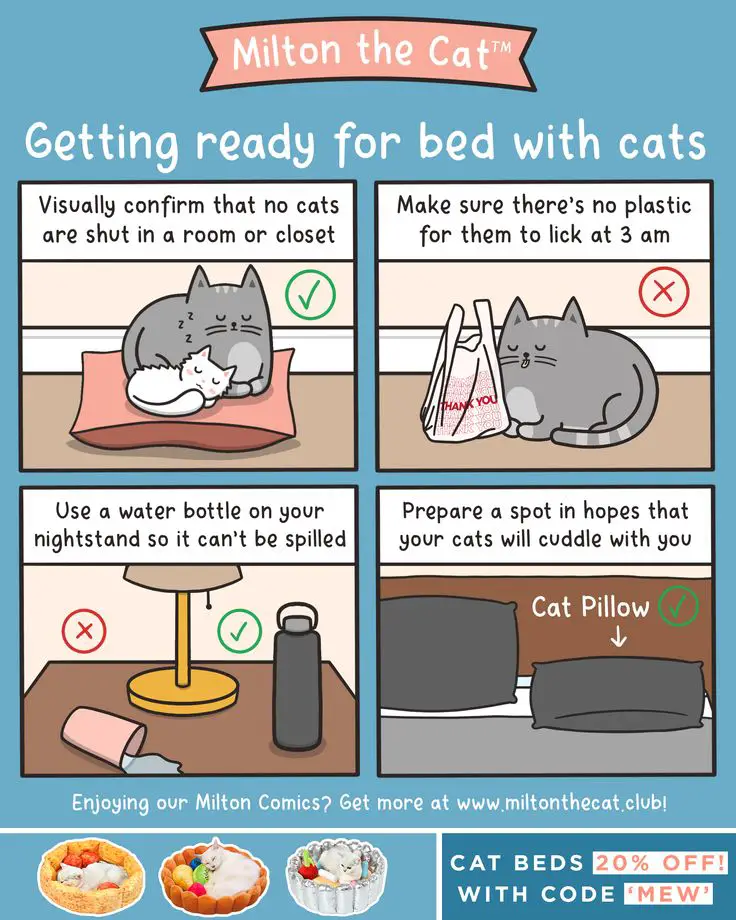The Quirky World of Cats: Unraveling Feline Mischief
Cat owners may find the following scenario quite familiar: you’re lounging on the sofa, engrossed in watching TV or playing with your phone, when suddenly, your cat emits a peculiar sound. Subsequently, it dashes around the house in a frenzy. After a brief sprint, it nonchalantly resumes lounging or grooming, as if nothing happened. You watch in amazement, with the first thought crossing your mind being: Is my cat going crazy?
If you have multiple cats at home, the eccentric behavior of one cat can trigger a chain reaction, leading another cat to join in the spontaneous and seemingly purposeless running spree.
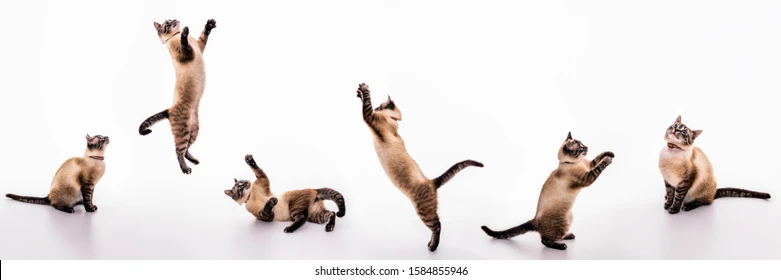
Decoding the Feline Mystery: Understanding Cats’ Sudden Burst of Energy
Ever wondered why your cat suddenly goes on a “crazy” spree, only to swiftly return to its “normal” self? This behavior is not a sign of madness but rather a phenomenon known as FRAP (Frenetic Random Activity Periods).
Several reasons may contribute to a cat exhibiting FRAP:
- Energetic Release: Cats may engage in these bursts to release built-up energy. It’s akin to humans suddenly standing up, taking a few steps, or stretching after prolonged periods of inactivity.
- Honing Hunting Skills: Some behaviorists believe FRAP serves as a way for cats to rehearse their hunting abilities. Before the abrupt sprints and jumps, a cat might mentally envision a hypothetical prey and then dash in that direction. Interestingly, this behavior is less common on farms, where cats regularly hunt for survival. In a home environment, lacking hunting opportunities, cats may periodically “practice” these skills.
- Playful Nature: Some scholars argue that FRAP is simply a form of playful behavior.
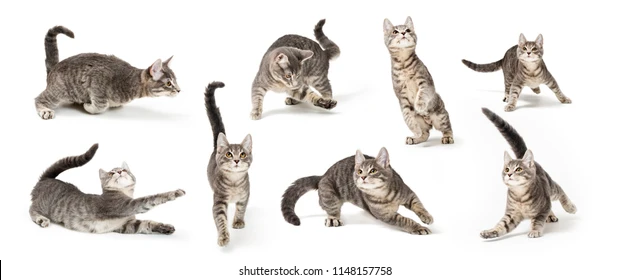
Exploring the Potential Concerns of Cat “Parkour”
Are there any underlying issues with a cat’s acrobatic “parkour” sessions? For healthy, young cats, engaging in FRAP doesn’t indicate any physiological or psychological problems.
However, if an elderly cat starts exhibiting frequent FRAP episodes, I recommend taking your cat to the vet for an examination to rule out the possibility of hyperthyroidism.
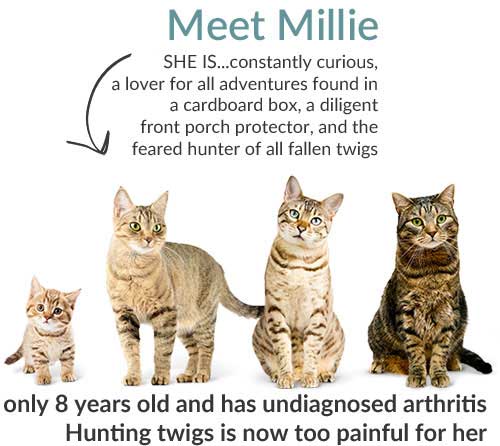
Dealing with Your Cat’s Frequent “Parkour”: What to Do?
If your cat engages in frequent sudden sprints, it may indicate a need for more playtime or excessive energy.
Consider spending extra time playing with your cat, whether it’s with a teaser wand, a small ball, or a plush toy. During play, try to mimic the movements of prey:
- Use a teaser wand to imitate bird-like movements.
- Use a small ball or plush toy to simulate the actions of a mouse.
Additionally, try hiding food in various corners of your home, encouraging your cat to search for it. This keeps your cat engaged and prevents boredom.
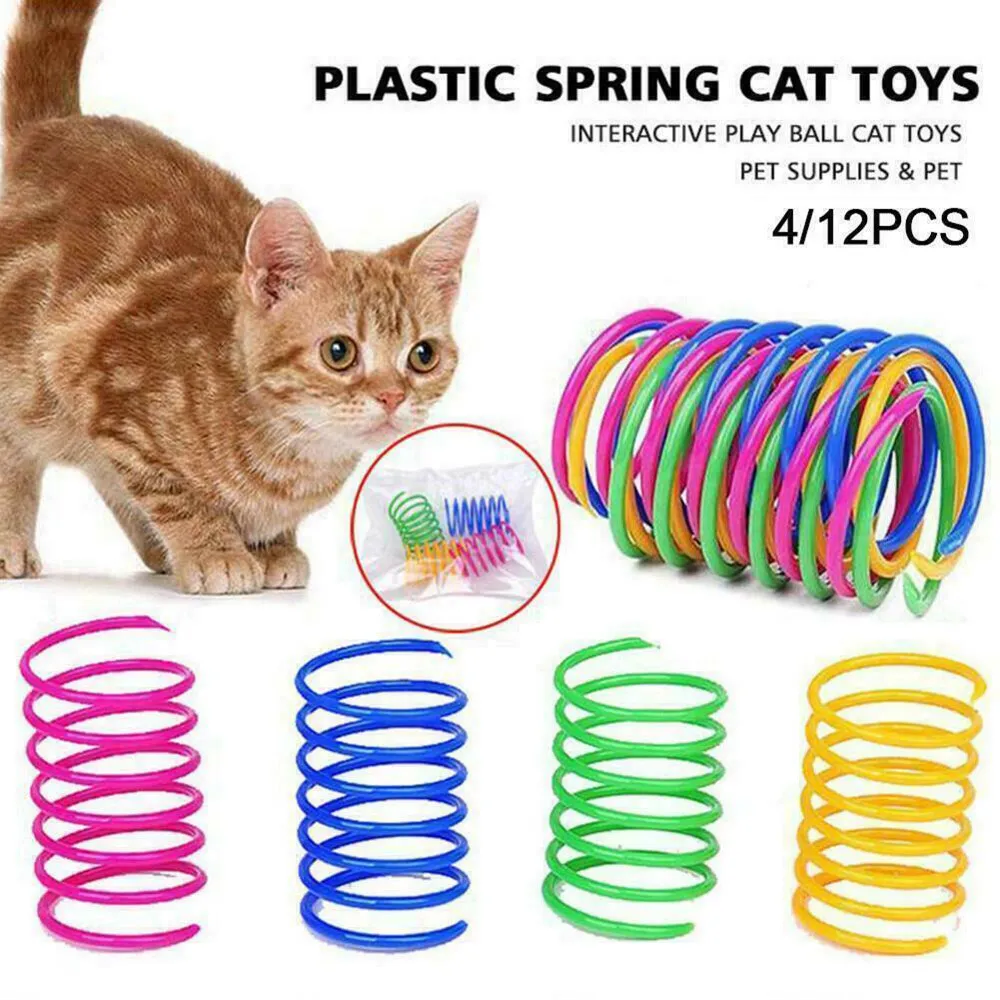
Coping with Your Cat’s Midnight Parkour: What to Do?
If your cat consistently engages in frenetic parkour sessions during the wee hours of the night or early morning, there are ways to address this behavior.
Firstly, it’s crucial to understand that heightened activity during the morning and late night is entirely normal for cats. Cats are crepuscular animals, meaning they are most active during the dawn and dusk, following their natural instincts.
When cats meow excessively in the middle of the night or early morning (especially kittens), it’s often a bid for your attention, an invitation to play. To tackle this issue, it’s essential to help your cat adapt to your schedule, and you can achieve this through the following two approaches:
- Establish a Routine: Create a consistent and predictable daily routine. For example, play with your cat for 10-15 minutes every night before bedtime to expend their energy. Similarly, engage in playtime for 10-15 minutes in the morning upon waking up. Cats thrive on routines, and establishing a regular schedule helps them adjust their biological clock.
- Ignore Attention-Seeking Behavior: Most importantly, refrain from rewarding any form of attention-seeking behavior when you are sleeping or working. When your cat meows, avoid responding. Any interaction, be it cuddling, talking, feeding, or even scolding (not recommended, as cats may not comprehend the intent behind scolding and it may not serve as effective “discipline”), may be perceived as a reward. This could encourage more intense meowing in the future to gain your attention.
To align your cat with your sleep schedule, it may require some determination. Ignore its antics consistently for 1-2 weeks, and you should start to see positive results.
